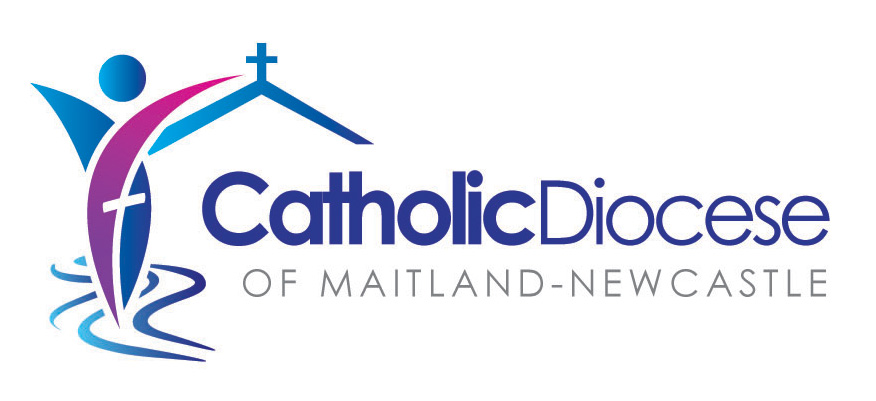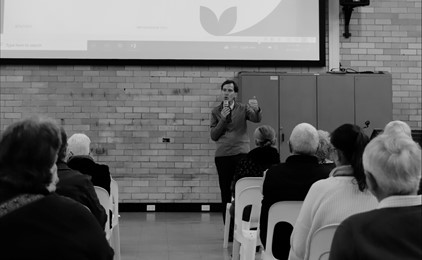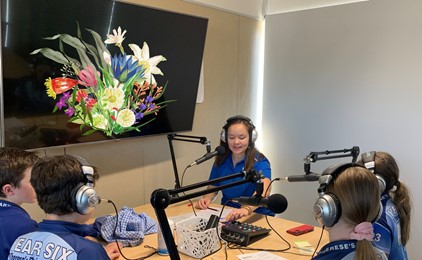Parish List
- Home
- About
- Church & Mission
- Support Us
- Catholic Life
- National Plenary Council & Diocesan Synod
- Youth
- Children's Ministries
- Mission and Outreach
- Diocesan Protection and Safety Council
- Change Loss and Grief
- Ecumenism
- Social Justice
- Other Groups
- Health and Aged Care
- Perpetual Day of Remembrance
- LGBTIQ Forum
- Visiting Clergy - Citizens/Residents of Australia
- Visiting Clergy - International Visiting Australia
- Agencies
- News & Events
- News
- Press Releases
- Bulletin Notices
- Aurora
- DioUpdate eNewsletter
- Royal and Special Commissions
- Tuesdays With Teresa
- What's on in the Diocese
- World Youth Day 2023 Lisbon
- Second Assembly of the Fifth Plenary Council of Australia
- Church Without Walls
- NAIDOC WEEK 2023
- Social Justice Statement 2023-24
- Easter Mass Times 2024
- People
- Places
- Mass Times App
Press Release
STATEMENT BY BISHOP BILL WRIGHT ON THE FIRST ANNIVERSARY OF THE DEDICATION OF THE MEMORIAL TO THE VICTIMS AND SURVIVORS OF HISTORICAL CHILD SEXUAL ABUSE AT MARIST BROTHERS HIGH SCHOOL HAMILTON

REMEMBERING DEDICATING HOPING
Acknowledgement of the first anniversary of the dedication of the Memorial to the victims and survivors of historical child sexual abuse at Marist Brothers High School Hamilton
The 27th of March is the first anniversary of the dedication of the memorial to the victims and survivors of historical child sexual abuse at Marist Brothers High School Hamilton. On that evening over 200 people came together. The Order of Service for the night was titled Remembering Dedicating Hoping. The introductory speech was given by Bob O’Toole who spoke on his own behalf and that of the Clergy Abused Network, a local advocacy and support group run by and for survivors. He said:
I canvassed our Clergy Abused Network members to ask what this memorial meant to them. Some said it is recognition of the truth, others remember former school mates who suffered here, many remember those who took their own lives, and those who inexplicably began risk taking behaviour which clearly resulted in their premature deaths. Sadly, Hamilton Marist has a history of brutality and a horrific record of sexual abuse crimes. I also received apologies from several ex-student survivors who said it is too painful for them to attend and I acknowledge their pain.
In an extraordinary moment of pathos, dignity and courage Audrey Nash spoke for her dead son Andrew, who committed suicide after being abused by convicted paedophile Francis Cable (Br. Romuald) one tragic October night in 1974 which Audrey described as “the night that never ends”. Of all the moments that were shared at the dedication ceremony, for me the most poignant and powerful were those when Audrey spoke about her lost son with Andrew’s picture held up next to her.
Andrew’s older brother Geoffrey spoke of the times when boys attending Marist Brothers Hamilton were not safe, saying that the 1970’s "were bad years. In some years there were seven paedophiles at the school… Being a young Catholic boy in those years was a dangerous occupation”.
On behalf of the Marist Brothers Australia Br. Peter Carroll said: “As Geoffrey Nash has said before, there have been too many words. Words that fail to encompass the enormity of what has happened and the suffering that has been endured and that is still evident, words that have failed to recognise there are, never have been and never will be any excuse for the criminal abuse of children.”
And I, speaking on behalf of the Diocese of Maitland-Newcastle acknowledged that “No-one who was here will soon forget the words spoken by Audrey and Geoff Nash. As Brother Peter said, this is a place of memory and a place that will keep the memory alive of things that happened here as a warning and as a rebuke to anyone who does not take the protection of children seriously.”
Throughout the dedication ceremony there was a strong feeling of solidarity around a solemn and powerful purpose. Community recovery is often tied to a collective expression of grief for which the Marist Memorial is an enduring symbol. Such sites can help with that recovery and become places of strength and support. “We remember the past in order to learn from it, so that together we can commit to a new way of living”. These words were part of the commitment ceremony one year ago.
Over the past year I am aware that many individuals have visited the memorial for some quiet private time to reflect or remember. I am also aware that for others it is too painful a reminder to visit that site, but they feel a sense of appreciation that this memorial now exists. The ribbons that bear colourful and clear witness to the memories of those hurt and those lost drape over the memorial walls bringing into sharp focus the words written in steel on top of the memorial’s outer wall ‘REMEMBER’.
Because of the COVID-19 pandemic there can be no community or group gathering at the memorial this year. Nevertheless, I ask that the leaders of the Diocese of Maitland-Newcastle, clerical, religious and laity, take a moment, make an opportunity in the business of our current circumstance to pause and reflect on the purpose of the memorial remembering survivors and those who are no longer with us. I leave you with the haunting words of John Bell’s song that was used as the Reflection at the Dedication
We Sing for Those Whose Song Is Silent
We sing for those whose song is silent,
whose hidden hurt no tune could bear—
children whose innocence of loving
has long since gone beyond repair.
God, who conceived and gave us birth,
listen for those who’ve lost their worth.
We sing for those whose lives were mangled
when friendship turned to vile abuse,
as those they trusted traded kindness
for cruelty beyond excuse.
God, in whose image all were made,
feel for the ones who’ve been betrayed.
We sing for those who bear within them
scars in the body, mind, and soul,
fears from the past and, for tomorrow,
yearnings that they might yet be whole.
God, who in Christ was touched by pain,
make your hurt children whole again.
We sing that through believing people
lives may be hallowed and made good,
and ask that God in ev’ry victim
shall see faith, hope, and love renewed.
This is our prayer, this is our song
to God, to whom we all belong.
Text: John L. Bell, b.1949; © 2017, WGRG, c/o Iona Community, GIA Publications, Inc. Permission for use granted. (One License #A-624954)



